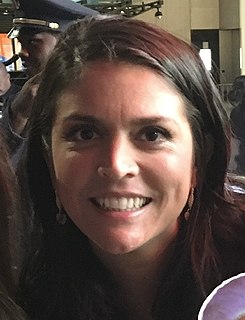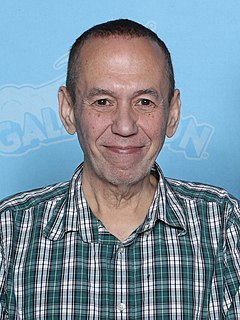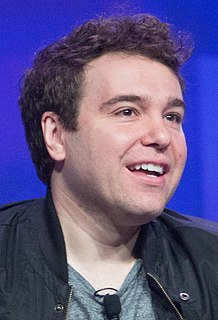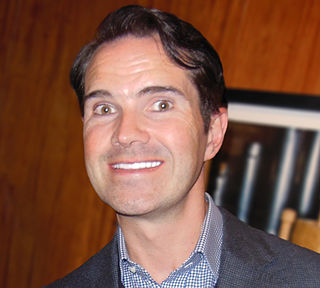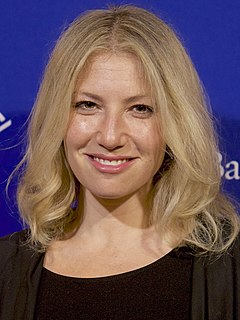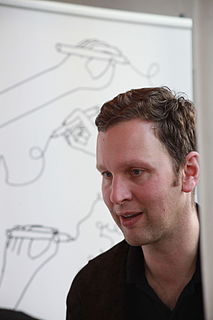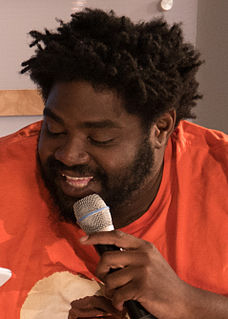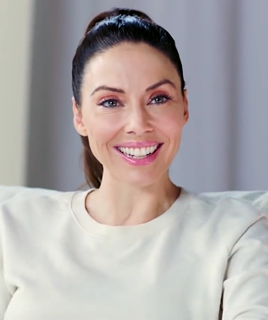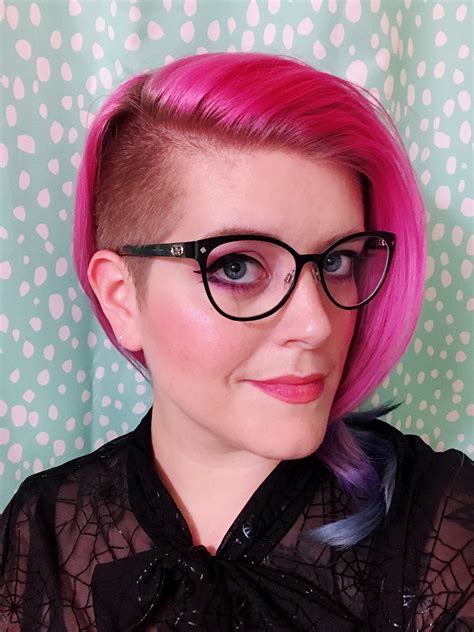A Quote by Cecily Strong
My parents are really funny. Laughter was a big part of my childhood. Of course, they tell a lot of bad jokes - but so do I. I tell a lot of bad jokes.
Related Quotes
I don't like my wrestling or entertainment in general to be too clean or predictable for me as a fan. When I say clean, I'm not talking about dirty jokes, middle fingers and stuff like that. I'm actually not even a big fan of that. A lot of people talk about the attitude era being so great but a lot of it was terrible crap, sex jokes and over-the-top terrible bad comedy. It was Jerry Springer-like. They made a joke about a woman's breasts. Hilarious, but where's the wrestling? I look back on a lot of stuff now, and I'm like where's the wrestling? It's just a lot of crappy jokes.
There are jokes I know I want to tell, and there's sort of a rough order, but usually I try to change it up every show, to improvise and talk with the audience. I think when you tell jokes, if you're not careful, you can end up telling the whole list of jokes and then that's it. And that can get a little boring.
I learned all those jokes in second grade. Second grade is really where they tell you those horrific jokes, racist jokes and misogynistic jokes that you have no idea what they mean, and you just memorize them because they have a very strong effect, they make people laugh in this kind of nervous, horrible way, and it's only later that you realize that you've got a head full of crap.
